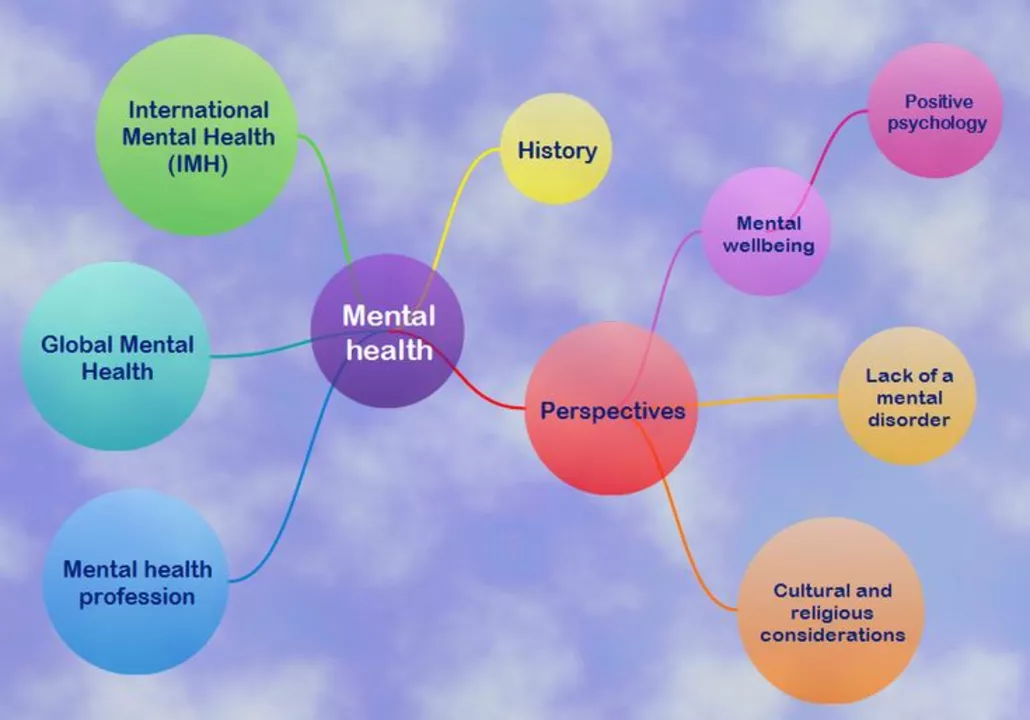Psychological Effects: How Medicines Can Change Mood, Thinking and Behavior
Some drugs change how you feel fast — sometimes within days. Other times, mood or thinking shifts show up weeks later. This page pulls together clear, practical info so you can spot changes early and act without panic.
Common psychological reactions to medicines
Here are typical reactions you might see: anxiety, low mood or depression, sleep problems, agitation, confusion, slowed thinking, or emotional numbness. Different meds cause different effects. For example, antidepressant-like drugs used for sexual health (Dapoxetine) can affect anxiety and sleep. Linezolid (Zyvox) has MAOI-like activity and can trigger dangerous serotonin interactions if mixed with SSRIs. Clozapine (Clozaril) can cause sedation, confusion or mood swings and needs close monitoring. Hormone changes — low progesterone — also show up as mood swings and irritability. Even over-the-counter meds such as meclizine can cause drowsiness or foggy thinking. Knowing the likely effects for a given drug helps you tell ordinary side effects from warning signs.
Practical steps if a medicine affects your mind
1) Read the leaflet and check interactions. The patient leaflet lists common mood and cognitive effects. Use an interaction checker or ask a pharmacist before you add another drug, supplement, or herbal product like tribulus terrestris.
2) Keep a simple symptom diary. Note the date you started the drug, what changed (sleep, mood, thinking), and how strong it is. This makes conversations with your doctor faster and clearer.
3) Don’t stop suddenly unless it’s an emergency. Some meds cause withdrawal or rebound symptoms when stopped abruptly. Ask your prescriber for a taper plan if needed.
4) Watch for red flags. If you feel suicidal, very confused, severely anxious, or notice new hallucinations or violent thoughts, get urgent help. If you suspect serotonin syndrome (high fever, shaking, fast heartbeat, extreme agitation), seek emergency care right away.
5) Ask about alternatives. If a medicine helps one symptom but wrecks mood, there may be safer options. For example, for infections where linezolid risks interactions, your clinician might choose another antibiotic. For hormone-related mood problems, ask about testing and treatment choices rather than guessing supplements.
6) Use simple supports. Good sleep, small daily walks, a short breathing routine, and talking with someone you trust often reduce the impact of drug-related mood changes while you and your clinician find the best plan.
If you want, browse our linked articles on the site for specific drugs (Dapoxetine, Clozaril, Zyvox, progesterone issues, and more). Each post gives targeted signs to watch for, interaction notes, and practical tips for safer use. You don’t have to guess what’s normal — small steps and the right questions make a big difference to how you feel.
